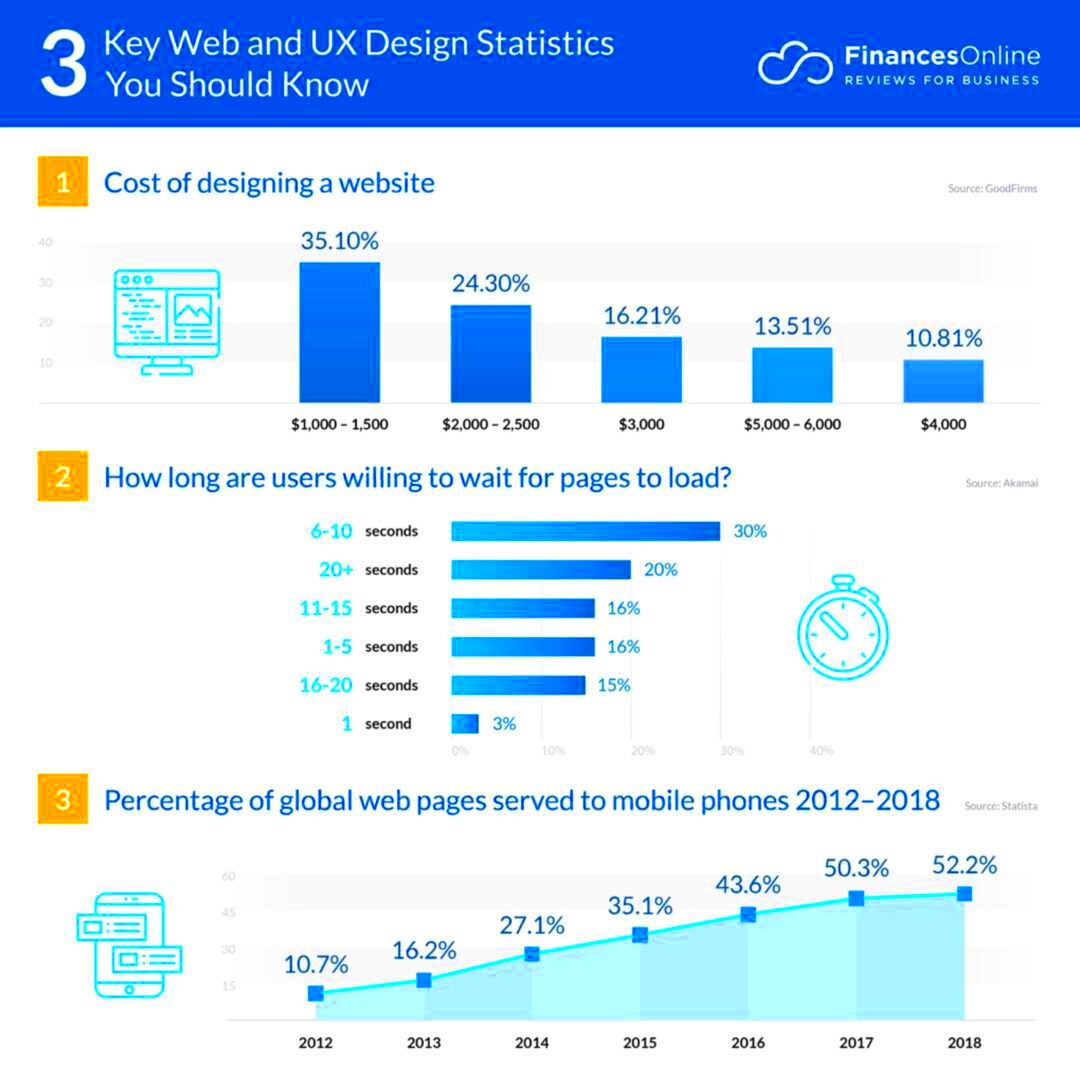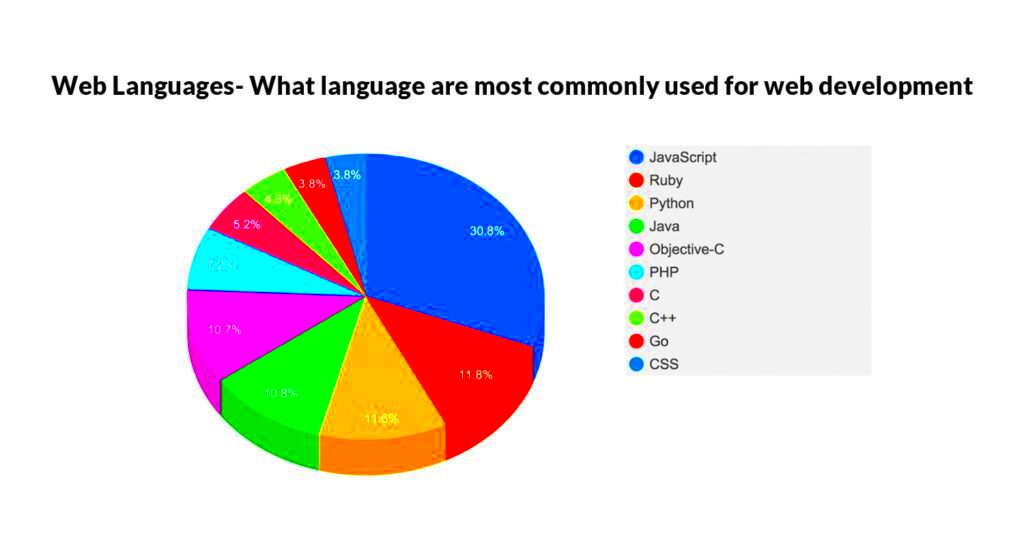When building a website, two common options often come up: WordPress development and custom website development. Both have their unique advantages, depending on your needs, goals, and budget. WordPress is a powerful content management system (CMS) that allows users to create websites quickly and with minimal technical skills. On the other hand, custom website development offers more flexibility but can come with a higher cost and longer development time. In this blog, we’ll break down the differences, especially focusing on the costs associated with each approach.
Understanding the Costs of WordPress Website Development

WordPress websites are known for being cost-effective and user-friendly. The cost of developing a WordPress website can vary greatly depending on several factors, such as design complexity, the number of features, and the level of customization required.
Generally, the cost of WordPress website development can fall into different ranges:
- Basic Website: A simple WordPress site can cost anywhere from $500 to $2,000. This includes basic themes and essential functionality.
- Mid-Range Website: For a more feature-rich site with premium themes, plugins, and customizations, the price can range from $2,000 to $10,000.
- High-End Website: If you require custom themes, advanced features, or high-end integrations, the cost could exceed $10,000.
These estimates typically include the cost of design, development, and any necessary third-party integrations. However, ongoing maintenance, security updates, and hosting costs will add to the total cost over time.
Factors Affecting WordPress Development Costs
The final cost of a WordPress website depends on multiple factors. Here’s a breakdown of what can impact your website development budget:
- Design Complexity: Custom-designed themes with unique layouts and features will cost more than using pre-built themes.
- Functionality: The more features you need—such as e-commerce, membership systems, or complex forms—the higher the cost.
- Plugins and Integrations: While many plugins are free, premium plugins or custom integrations (like CRM systems) can add to the cost.
- Content Creation: If you need professional copywriting, photography, or video content, it will increase the overall budget.
- Ongoing Maintenance: Regular updates, backups, and s
Understanding the Costs of Custom Website Development
Custom website development provides a tailored solution for businesses that need unique features, branding, and a personalized user experience. While the initial cost is often higher than WordPress, the benefits include complete control over design, functionality, and scalability. The price of custom website development depends on several elements like complexity, design, and the number of custom features required.
On average, custom websites start at around $5,000, but they can quickly rise to $50,000 or more for high-end, feature-rich websites. The cost breakdown typically includes:
- Initial Consultation and Planning: This stage involves understanding your business needs, target audience, and goals. It can cost $1,000 to $5,000, depending on the scope.
- Design and Development: The core of any custom website, this stage includes designing the user interface, building the website architecture, and coding. Prices here range from $3,000 to $30,000 or more.
- Testing and Quality Assurance: Ensuring your website functions as expected can add $500 to $5,000 to the total cost.
- Launch and Deployment: Final preparations and deployment to a live server typically cost $500 to $2,000.
Keep in mind that custom websites also have ongoing maintenance costs, including updates, bug fixes, and additional features, which can be priced as an hourly rate or retainer agreement.
Factors Affecting Custom Website Development Costs
Several factors influence the overall cost of custom website development. Understanding these will help you make informed decisions when budgeting for a custom site. Here’s a breakdown of the key elements that impact pricing:
- Website Complexity: The more complex the website (in terms of features, integrations, and functionality), the higher the cost. A basic informational site will cost less than an e-commerce or membership platform.
- Design Customization: A fully custom design from scratch will cost more than using a template. Unique user interfaces (UI) and user experiences (UX) require skilled designers, driving up the price.
- Functionality: Advanced functionalities like custom search engines, interactive elements, and custom forms increase development time and cost. Integrating third-party systems like CRMs or payment gateways will also add to the price.
- Development Time: The longer the project timeline, the higher the cost. Custom websites can take anywhere from a few weeks to several months to complete, depending on complexity.
- Technology Stack: The choice of technologies used (e.g., frameworks like React, Angular, or custom-built solutions) can significantly impact the cost due to different development and maintenance requirements.
- Ongoing Support and Maintenance: Custom websites often require ongoing support for updates, bug fixes, and security patches, adding to long-term costs.
WordPress vs Custom Website Development Cost Comparison
When deciding between WordPress and custom website development, cost is a major factor to consider. Let’s compare the costs associated with each option to help you make the right choice:
Feature WordPress Custom Website Development Cost $500 – $10,000 $5,000 – $50,000+ Design Flexibility Limited (unless using custom themes) Fully Custom Functionality Plugins available, but limited for advanced features Unlimited, with custom-built features Maintenance Costs Low (mainly plugins, hosting) Higher (custom code updates, server management) Development Time Shorter (can be done in weeks) Longer (can take months) Scalability Limited (unless upgraded) Highly Scalable Ongoing Updates Frequent, handled by WordPress community Custom updates required, handled by developer From the table above, it’s clear that WordPress offers a more affordable, quicker, and easier solution for smaller or less complex websites. It’s a great option for businesses with a tight budget and simpler needs. However, if you require a highly customized site with unique features, a custom website may be the better choice despite the higher upfront costs.
How to Choose the Best Option for Your Business
Choosing between WordPress and custom website development ultimately depends on your business goals, budget, and the type of website you need. Both options come with their own set of advantages and trade-offs. Here’s a simple guide to help you make the best decision for your business:
- Evaluate Your Budget: If you have a limited budget, WordPress is a great choice. It’s cost-effective, with many ready-made themes and plugins available. However, if you have more financial flexibility and require unique features, a custom-built website may be the way to go.
- Consider Your Website’s Complexity: For a simple informational website or a blog, WordPress will suffice. But if you need a complex website with custom functionality, integrations, or a unique design, custom development will provide more flexibility.
- Think About Long-Term Growth: WordPress can be scaled easily with the right plugins, but if you expect significant growth or need advanced customization as you expand, custom websites offer more room for development in the long run.
- Maintenance and Updates: WordPress websites generally require less maintenance but need regular updates, especially with plugins. Custom websites may require ongoing support and coding adjustments, which can add to the costs over time.
By weighing these factors, you can choose the best option that aligns with your current needs and future goals. Ultimately, the decision comes down to what kind of online presence you want and what your business can afford.
Frequently Asked Questions
Here are some common questions businesses ask when deciding between WordPress and custom website development:
- Which option is more affordable? WordPress is generally more affordable, especially for small businesses with limited budgets. Custom websites tend to cost more because they require more time and expertise to build.
- Can WordPress be customized to look unique? Yes, with premium themes, plugins, and custom coding, WordPress sites can be highly customized. However, a fully unique design and functionality may still require a custom site.
- How long does it take to develop a website? WordPress websites can typically be developed in a few weeks, depending on the complexity. Custom websites take longer—anywhere from a few months to complete, depending on the design and functionality requirements.
- Which option is better for SEO? Both WordPress and custom websites can be optimized for SEO. WordPress offers many plugins that make optimization easier, while custom websites offer more flexibility for tailored SEO strategies.
- Will I need ongoing support? Yes, both WordPress and custom websites require ongoing support for updates, bug fixes, and security patches. However, custom websites might require more specialized support due to their unique codebase.
Conclusion: Making the Right Decision for Your Website
In the end, the decision between WordPress and custom website development should be based on your business needs, goals, and available resources. WordPress is an excellent choice for businesses that want an affordable, quick, and easy solution for their website, especially if their needs are relatively simple. However, if you need more control over the design, features, or scalability of your site, custom website development is a better choice, even if it comes with a higher initial cost.
Take the time to evaluate your requirements and budget carefully. The right website can significantly impact your online presence, customer experience, and business growth. Whether you choose WordPress or custom development, ensure that the platform you choose aligns with your long-term objectives.



